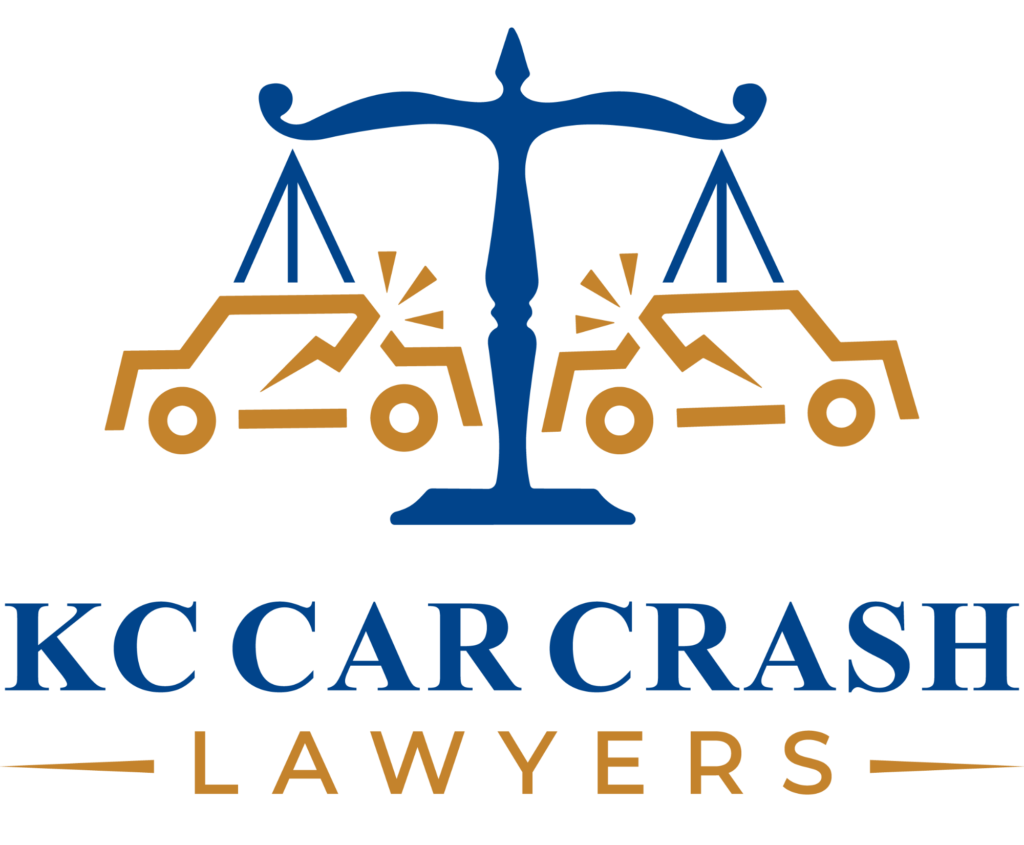
Being involved in a car accident can be a jarring experience. Whether it’s a minor fender-bender or a serious collision, knowing exactly what to do immediately afterward can help ensure your safety and protect your rights. Here’s a clear, actionable guide to follow if you find yourself in this situation.
Ensure Safety First
Check for Injuries: As soon as the accident occurs, your first priority is to check yourself and others for injuries. If anyone is injured, call 911 immediately for medical assistance. Even if injuries don’t seem apparent, it’s wise to get checked by a medical professional, as some injuries may not be immediately visible.
Move to Safety: If your vehicle is causing a hazard (e.g., it’s in the middle of a busy road), and if it’s safe to do so, move it to a safer location. Turn on your hazard lights to alert other drivers.
Call the Police
Report the Accident: If there are injuries or significant property damage, call the police to report the accident. An official police report can be crucial for insurance claims and legal matters.
Provide Accurate Information: When speaking to the police, give them a clear and honest account of what happened. Avoid speculating about fault; let the police investigate and document the scene.
Document the Scene
Take Photos: Use your phone or a camera to take comprehensive photos of the accident scene. Capture the damage to all vehicles involved, the surrounding area, and any relevant road signs or signals. This visual evidence can be invaluable for your insurance claim and any potential legal proceedings.
Gather Witness Information: If there are any witnesses, ask for their contact information. Their statements can help corroborate your account of the accident.
Exchange Information
Collect Details: Exchange contact and insurance information with all other drivers involved in the accident. Make sure to get:
- Full name
- Address
- Phone number
- Driver’s license number
- License plate number
- Vehicle identification number (VIN)
- Insurance company name and policy number
Don’t Admit Fault: Be polite but avoid discussing who is at fault. Let the insurance companies and legal professionals determine fault based on the evidence.
Notify Your Insurance Company
Report the Accident: Contact your insurance company as soon as possible to report the accident. Provide them with all the details, including the police report number and any photos you took.
Follow Up: Keep a record of all communications with your insurance company, including the names of representatives you speak with and any instructions they provide.
Seek Medical Attention
Get Checked Out: Even if you don’t feel injured, it’s a good idea to see a doctor. Some injuries might not be immediately apparent. A medical evaluation can also create a record of your injuries, which is important for any future legal claims.
Follow Medical Advice: Adhere to any treatment plans or recommendations from your healthcare provider. Documenting your treatment can be important for your recovery and any legal or insurance matters.
Consult a Lawyer
Consider Legal Help: If the accident involves significant damage, serious injuries, or disputes over liability, securing expert legal representation can make a substantial difference. A skilled personal injury lawyer can navigate complex insurance claims, advocate for your rights, and ensure you receive the compensation you deserve.
Free Consultations: Many personal injury lawyers offer free consultations, giving you a risk-free opportunity to understand your options and the potential value of your case. Our dedicated team is here to provide personalized support and maximize your recovery. Contact us today at 816-825-5704 for a complimentary consultation and discover how we can help you achieve the best possible outcome.
Keep Records
Document Everything: Keep detailed records of all accident-related expenses, including medical bills, repair costs, and any other out-of-pocket expenses. This documentation will be important for insurance claims and any potential legal action.
Maintain a Journal: Consider keeping a journal of your recovery process and any impacts the accident has had on your daily life. This can provide additional context for your case.
In Summary
Handling the aftermath of a car accident can be overwhelming, but knowing these key steps can help you manage the situation effectively. From ensuring safety and documenting the scene to seeking medical attention and consulting with legal professionals, taking these actions can make a significant difference in the outcome of your case.
If you need help navigating the aftermath of a serious car accident, our experienced team is here to support you. Call us at 816-825-5704 for a free consultation. We’re here to ensure you get the help and compensation you deserve.
